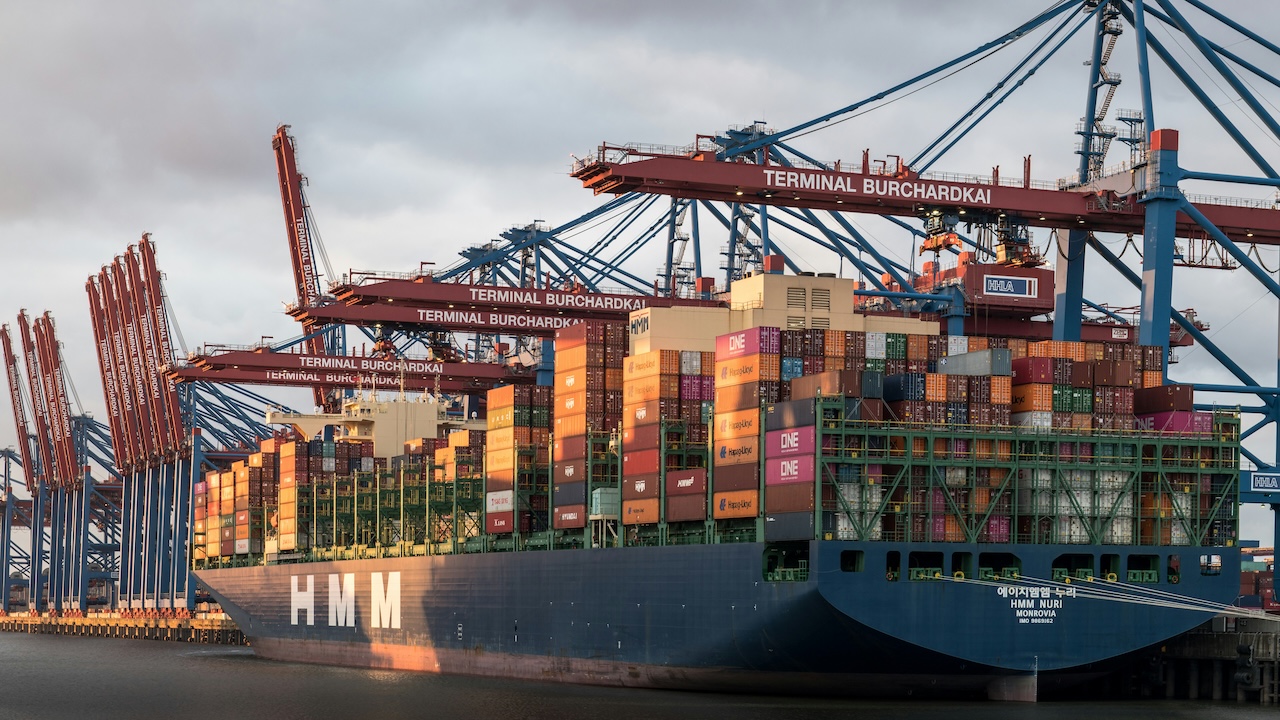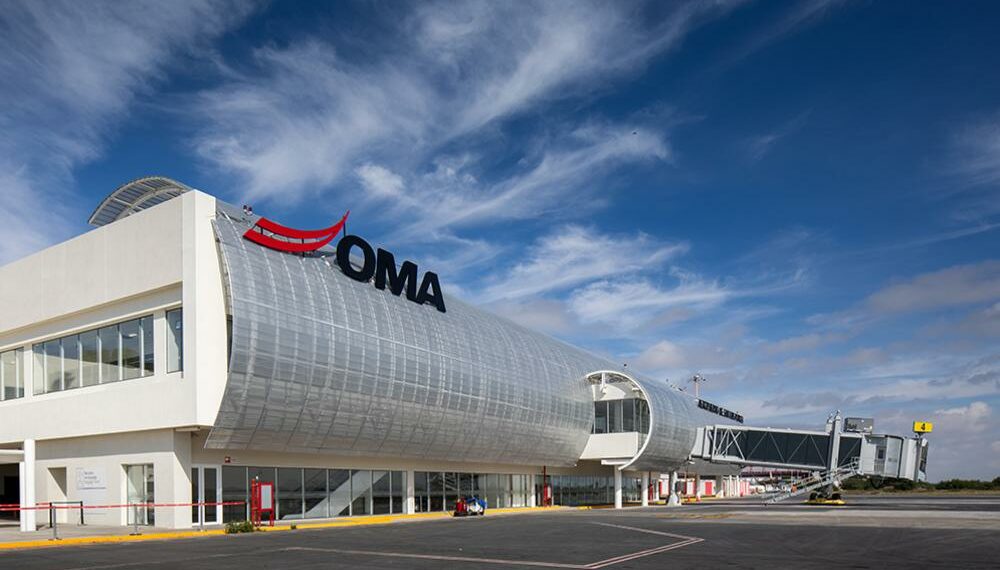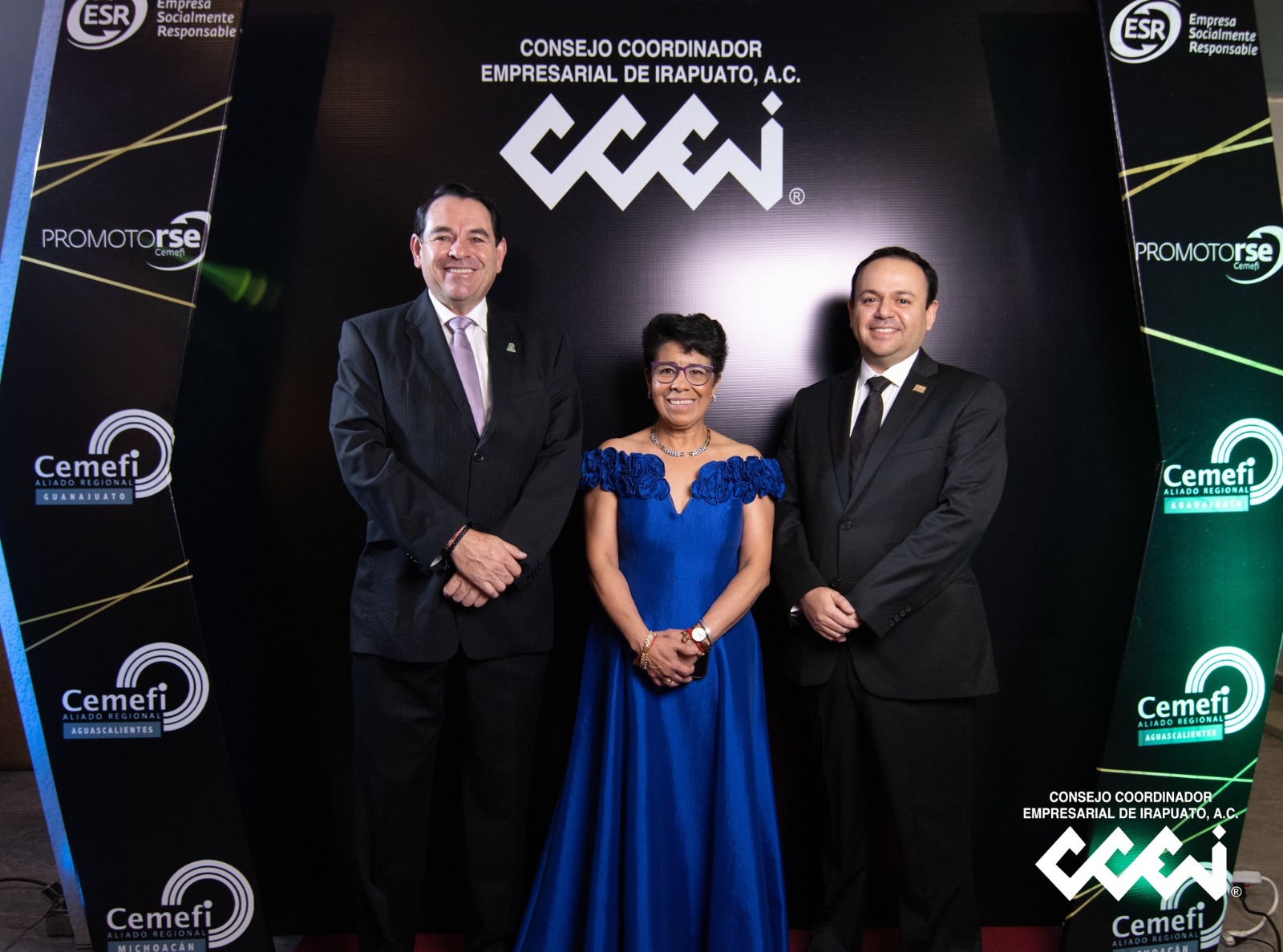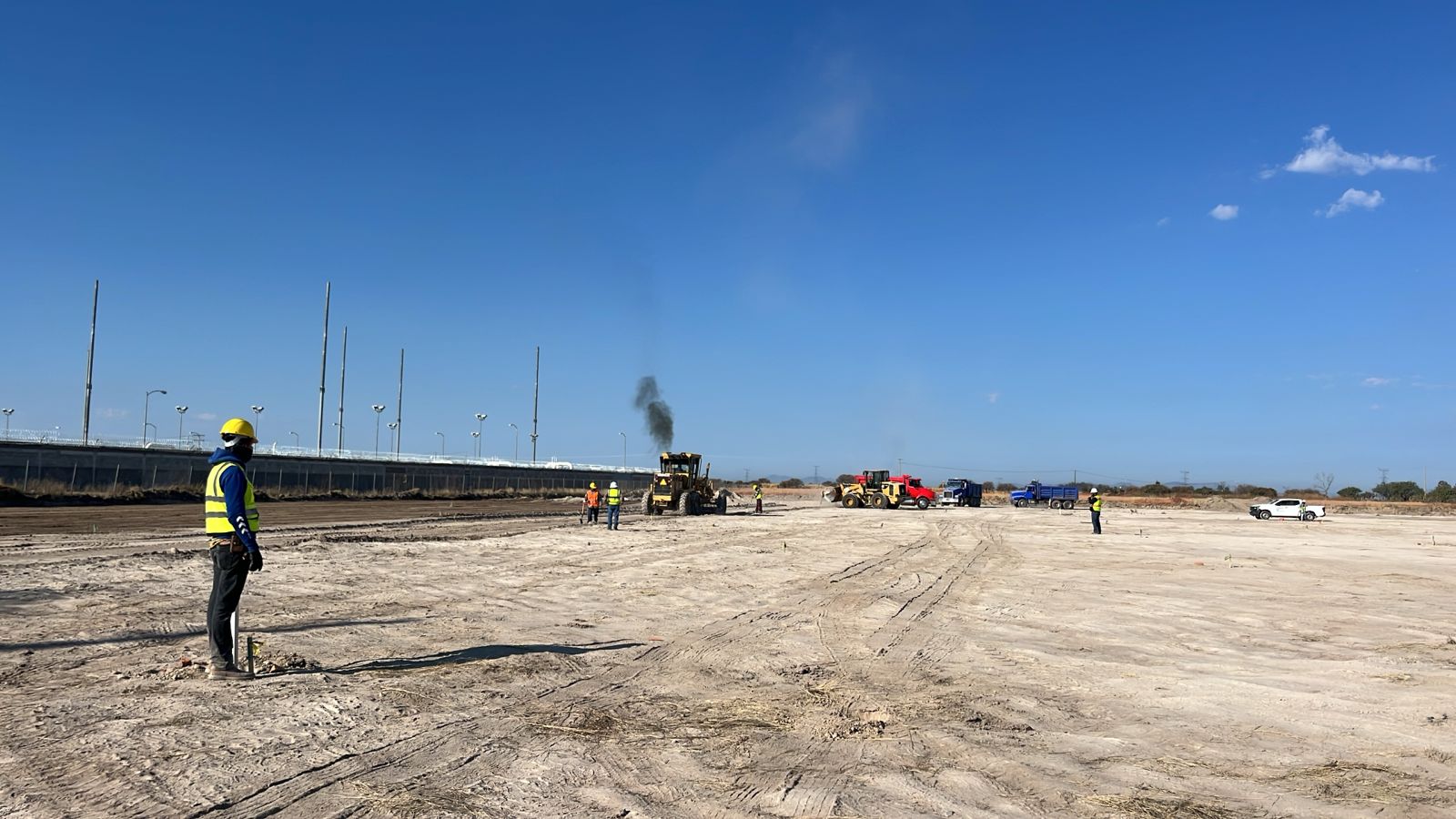Strategies for Hunting Talent in the Changing World of Work

Strategies for Hunting Talent in the Changing World of Work
In today’s Mexico, attracting talent has become as strategic as it is challenging. It is no longer just about offering a competitive salary or an attractive title, but about deeply understanding a new labor ecosystem driven by artificial intelligence. This ecosystem is marked by borderless professional mobility and a flexibility model that has forever changed people’s expectations.
The country’s large companies face a complex scenario in which traditional attraction and retention models are no longer sufficient. Today, the key is to adapt or resign yourself to losing the best talent.
Artificial Intelligence: Ally and Challenge in Talent Attraction
The adoption of artificial intelligence in production and operational processes has generated a profound transformation in the profiles that organizations demand. Digital skills are increasingly required, critical thinking, adaptability, and the ability to work in environments where technology plays a leading role. However, as companies automate tasks, they also face a critical shortage of specialized talent, especially in technical, technological, and leadership areas with a digital vision.
In this context, Human Resources must move quickly. AI not only redefines jobs, it can also be used as a powerful tool in the selection processes. It allows identifying candidates based on soft skills and learning potential, beyond the traditional curriculum. Attracting talent today implies thinking about continuous upskilling models and communicating to candidates that the company will offer them real development opportunities in a technologically advanced environment.
Global Mobility: Talent no Longer Has Borders2090
One of the most visible transformations in the new labor market is international mobility. High-potential professionals are no longer limited by geography. Mexican talent aspires to compete in the world and, at the same time, foreign companies are actively recruiting profiles in our country, offering remote work schemes, better salaries in dollars or euros, and more open organizational cultures.
Faced with this reality, large employers must understand that they are competing globally for local talent. The answer lies in creating truly differentiated value propositions, which include talent internationalization programs, benefits oriented towards global experiences (such as short-term assignments or temporary international remote work), and clear accelerated professional development policies that compete with what the world offers today.
<LinkPreview url=“https://www.liderempresarial.com/francisco-martinez-domene-jugador-ecosistema-economico/
Flexibility: Is Returning to the Office Really What Talent Needs?
Another important challenge is the growing rejection of forced return to offices. Although many companies are promoting 100% face-to-face or rigid hybrid schemes, the reality is that many people value the freedom to decide where they work. The pandemic changed expectations and, although remote work does not apply to all sectors, it has become a highly valued condition, especially in specialized profiles.
Human Resources must stop seeing remote work as a threat to control or corporate culture, and start seeing it as an opportunity to increase productivity, reduce costs and, above all, attract and retain talent. Designing truly flexible hybrid schemes, focused on results and not on physical presence, is a necessity for any organization that wants to remain competitive in the short and long term.
What should Human Resources Areas Do? some Key Proposals3995
- **Rethink employer branding from the human and technological perspective**. Communicate that the organization offers growth, constant learning, real impact, and freedom, all driven by technology. Talent seeks purpose and flexibility, not just stability.
- **Promote a digital talent experience**. From recruitment to training, processes must be agile, personalized, and supported by AI. The candidate experience must be as relevant as the customer's.
- **Implement constant upskilling and reskilling strategies**. Companies must become true professional development platforms to attract those who want to grow alongside technology.
- **Design flexible work models by profile and function**. Not all positions require permanent physical presence. Listening and adapting work policies to talent expectations is now a competitive advantage.
- **Promote internal and international mobility**. Valuable talent wants to move, learn, and grow. Human Resources must design paths that allow it within the organization, before the external market does.
- **Adopt data and analytics for talent decisions**: Understanding in real time who is leaving, who is staying, and why, allows for making more accurate decisions to attract and retain key profiles.
In conclusion, the largest organizations can no longer bet on traditional strategies if they want to attract the best talent. Artificial intelligence, international mobility, and the demand for flexibility are more than trends: they are new rules of the game. Human Resources today has the responsibility—and the opportunity—to lead the cultural transformation that this new world of work requires. Because, in the end, the battle for talent is not won with higher salaries, but with more human, freer value propositions that are more connected to the future.
Francisco Martínez Domene is CEO of Adecco Mexico and president of the Adecco Institute Mexico. He is currently a member of the Board of Directors of COPARMEX; since May 2025, he has been vice president of the Swiss-Mexican Chamber of Commerce and Industry and president of the Human Talent Commission of CANACINTRA, also joining its National Board of Directors.
Twitter: (https://www.liderempresarial.com/francisco-martinez-domene-jugador-ecosistema-economico/
Flexibility: Is Returning to the Office Really What Talent Needs?
Another important challenge is the growing rejection of forced return to offices. Although many companies are promoting 100% face-to-face or rigid hybrid schemes, the reality is that many people value the freedom to decide where they work. The pandemic changed expectations and, although remote work does not apply to all sectors, it has become a highly valued condition, especially in specialized profiles.
Human Resources must stop seeing remote work as a threat to control or corporate culture, and start seeing it as an opportunity to increase productivity, reduce costs and, above all, attract and retain talent. Designing truly flexible hybrid schemes, focused on results and not on physical presence, is a necessity for any organization that wants to remain competitive in the short and long term.
What should Human Resources Areas Do? some Key Proposals7236
- **Rethink employer branding from the human and technological perspective**. Communicate that the organization offers growth, constant learning, real impact, and freedom, all driven by technology. Talent seeks purpose and flexibility, not just stability.
- **Promote a digital talent experience**. From recruitment to training, processes must be agile, personalized, and supported by AI. The candidate experience must be as relevant as the customer's.
- **Implement constant upskilling and reskilling strategies**. Companies must become true professional development platforms to attract those who want to grow alongside technology.
- **Design flexible work models by profile and function**. Not all positions require permanent physical presence. Listening and adapting work policies to talent expectations is now a competitive advantage.
- **Promote internal and international mobility**. Valuable talent wants to move, learn, and grow. Human Resources must design paths that allow it within the organization, before the external market does.
- **Adopt data and analytics for talent decisions**: Understanding in real time who is leaving, who is staying, and why, allows for making more accurate decisions to attract and retain key profiles.
In conclusion, the largest organizations can no longer bet on traditional strategies if they want to attract the best talent. Artificial intelligence, international mobility, and the demand for flexibility are more than trends: they are new rules of the game. Human Resources today has the responsibility—and the opportunity—to lead the cultural transformation that this new world of work requires. Because, in the end, the battle for talent is not won with higher salaries, but with more human, freer value propositions that are more connected to the future.
Francisco Martínez Domene is CEO of Adecco Mexico and president of the Adecco Institute Mexico. He is currently a member of the Board of Directors of COPARMEX; since May 2025, he has been vice president of the Swiss-Mexican Chamber of Commerce and Industry and president of the Human Talent Commission of CANACINTRA, also joining its National Board of Directors.
Twitter: @fmdomene
More Articles

When Does the USMCA Review Conclude in 2026?: Ebrard
Jan 16, 2026

Is San Luis Potosí Ready to Launch Direct Flights to Europe?
Jan 22, 2026

Arandas Tequila Company Celebrates Fifth Consecutive Year as Socially Responsible Business
Jan 28, 2026

Jalisco Highlights at FITUR 2026 in Madrid: Investments and Direct Flights
Jan 22, 2026

Esentia Energy Systems Commences Expansion in Aguascalientes with $680 Million Investment
Jan 20, 2026

Guanajuato Leads Energy Transition with 428 MW of Clean Energy
Jan 26, 2026
